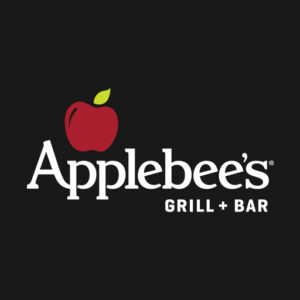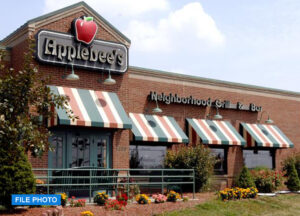
Applebee’s

Overview
When it comes to the franchise dining markets, Applebee’s continue to be among the strongest of brand names for net lease property investors. In fact, they are now part of the biggest restaurant franchising operation in the world, which consists of a combination of Applebee’s International alongside the International House of Pancakes (IHOP). The parent company is DineEquity (also known as DIN), who had acquired both corporations back in 2007. While DineEquity continues marketing Applebee’s locations, they have also managed to productively and proactively take Applebee’s operations and reinvigorate them. They also took Applebee real estate by means of re-franchising and reselling, being done primarily by way of sale-leasebacks and net leasing transactions. Their refinancing strategy has produced good fruit, helping to create both reduction in costs as well as liability expenses, with the end result of improving the company balance sheet. Interesting to note that DineEquity had overseen one of the greatest sale-leasebacks with respect to the actual amount of retail restaurants sold. In the net leasing marketplace, when the influx of supply became evident, the vast portion of net leasing assets actually held by Applebee’s were merchant development ‘build-to-suit’ or smaller sale-leasebacks operated by the average franchiser. This was even before Applebee’s had been purchased through IHOP. When it comes to variable leasing contracts, most are typically fifteen to twenty year leases with absolute NNN terms for franchise-owned properties. This included variations in rent, offering from 2 percent annual increases to an average of 10-15 percent with five year adjustments. DIN properties offering sale-leasebacks will see standard twenty year initial signings with two percent annual rent increases in the first five years. Afterwards, 10 percent rent increases every five years going forwards. While DIN locations do offer a corporate guarantee, an assignment clause is present which allows the parent company to choose another franchise operator at their discretion. Such clauses may force an investor to analyze properties in question, to ensure whether a guarantee is given from corporate vs. made by the franchisee. The standard acreage for Applebee's is 1 to 1 1/2, along with a standard square footage of 5500 for the building itself. When found near a bigger shopping center, they are often placed on a pad. Key factors to further consider are credit worthiness of the franchisee and assignable status, the restaurant revenues, and traffic statistics per location. While the real estate itself has its own value, for longer term investors it would be wise to perform due diligence and analyze a particular unit’s sales data based on its location.
Lowest Cap Rate
4.75%
Lowest cap rate over past 24 months
Average Cap Rate
6.04%
12 mo avg with 5+ yr lease term
Average Property & Lease
| Average Sale Price | $2,750,000 - $3,500,000 |
| Average NOI | $175,000 - $225,000 |
| Building SF | 5,000 |
| Lease Term | 20 Years |
| Escalations | 10% Every 5 Years |
| Stock Symbol | NYSE:DIN |
CREDIT RATING
Tenant Description
The Applebee’s Neighborhood Grill and Bar chain of restaurants is well known for its clean, family-centered environment, complete with unique menu choices. All Applebee’s are franchised and operated via Applebee’s Services, Inc. Upon closer inspection, every Applebee’s site concept is based on independent units having modernized, sport-themed interiors. Often there are local items that connect the restaurant to its community and really help to warm the atmosphere. Everything from American style menu dishes to Weight Watchers selections, and many of them employing the ‘Car-side to Go’ pick-up concept.
In fact, they are officially the biggest restaurant franchise, currently weighing in at nearly two thousand locales. Most Applebee’s are also operated as franchises. Out of these, nearly four hundred restaurants are corporate owned. The corporate intent is to expand over the next few years and continue selling to potential franchisees in order to build out new franchise sites. As part of DIN’s plan to replenish its branding, they have been finding new ways to improve upon already existing franchises.
PROS
- Absolute NNN leases
- Rent bumps during initial leasing term
- Parcels of greater size
CONS
- Recessions can affect profits
- Franchisee / Tenant creditworthiness
- Assignable clauses
COMPANY QUICK STATS
| Founded | 1980 |
| Headquarters | Glendale, California |
| Number of Locations | 1,787 |
| Revenue | $4.168 B |
| Company Website | https://www.applebees.com |
| Key Principal | John Cywinski |
